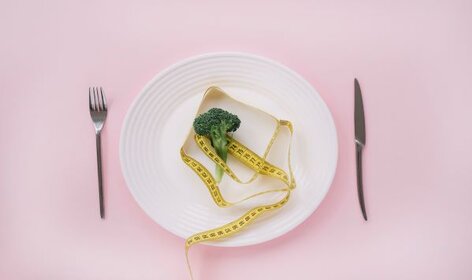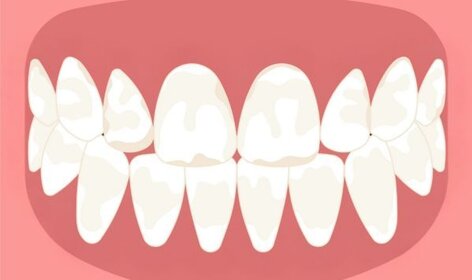Using "superfoods" to combat iron deficiency in children
Pediatric hematology(29.07.2025) Iron is a vital nutrient - especially for children. A deficiency can have serious consequences. However, it can be easily managed through diet and targeted treatment, says an expert.
"Iron is not only needed for the formation of red blood cells, but also for muscle movement and energy supply," says Dr. Alexander Puzik, senior physician for pediatric hematology and oncology at the Department of Pediatrics and Adolescent Medicine at the Freiburg University Medical Center. A lack of iron in children leads to symptoms such as loss of appetite, paleness, dizziness, fatigue, headaches or a so-called failure to thrive - this manifests itself in delayed longitudinal growth and a lack of weight gain.

Strawberries and oranges should be included in the diet of younger children with an iron deficiency. ©freepik/jcomb
Causes of iron deficiency in younger children difficult to detect
In severe cases, it can even lead to palpitations, shortness of breath, hair loss and brittle nails. Particularly problematic: the younger a child is, the more difficult it is to recognize the signs. The causes of iron deficiency can be many and varied. It often occurs due to an unbalanced diet, especially in young children who do not eat enough iron-rich foods. Blood loss or an increased need, for example during growth phases, can also contribute to the deficiency.
These foods are particularly high in iron
To prevent or compensate for a deficiency, Puzik recommends superfoods such as strawberries, oranges, red meat or sauerkraut. "It's important to know that iron is better absorbed if you eat foods containing vitamin C, such as peppers, or drink orange juice at the same time," explains the expert. However, milk and tea should be avoided during iron-rich meals, as they inhibit iron absorption. He also advises against eating hard cheese, tomatoes, spinach or chocolate if you have an iron deficiency.
Treatment: when medication is necessary
In severe cases, a change in diet is not enough. Doctors then prescribe iron supplements - either in the form of tablets or drops - or administer them intravenously. "We recommend taking iron supplements every two days," emphasizes Puzik. "This reduces side effects and improves absorption."
Eliminating iron deficiency with the right diet and medical support
The good news: iron deficiency is treatable. "With the right diet and medical support if necessary, iron deficiency can be remedied," says Puzik.
More interesting articles
Medical Center - University of Freiburg
Central InformationPhone: 0761 270-0
info@uniklinik-freiburg.de
Corporate Communications
Breisacher Straße 15379110 Freiburg
Phone: 0761 270-84830
kommunikation@uniklinik-freiburg.de



